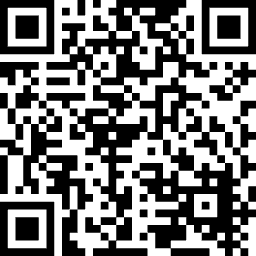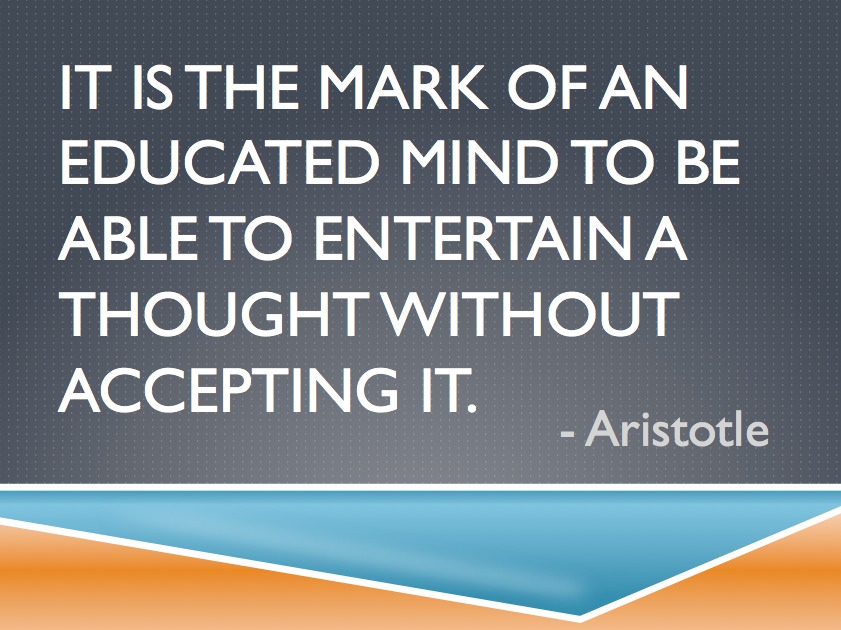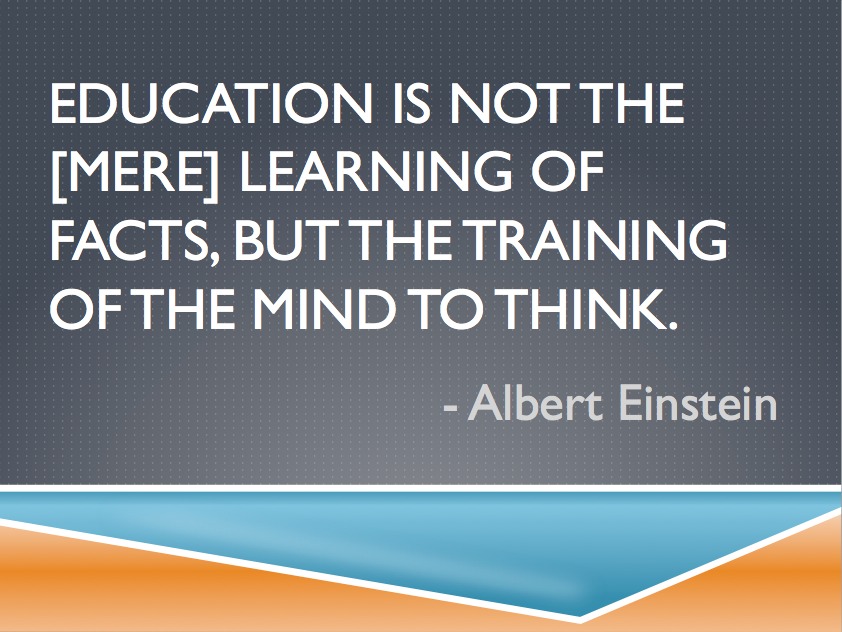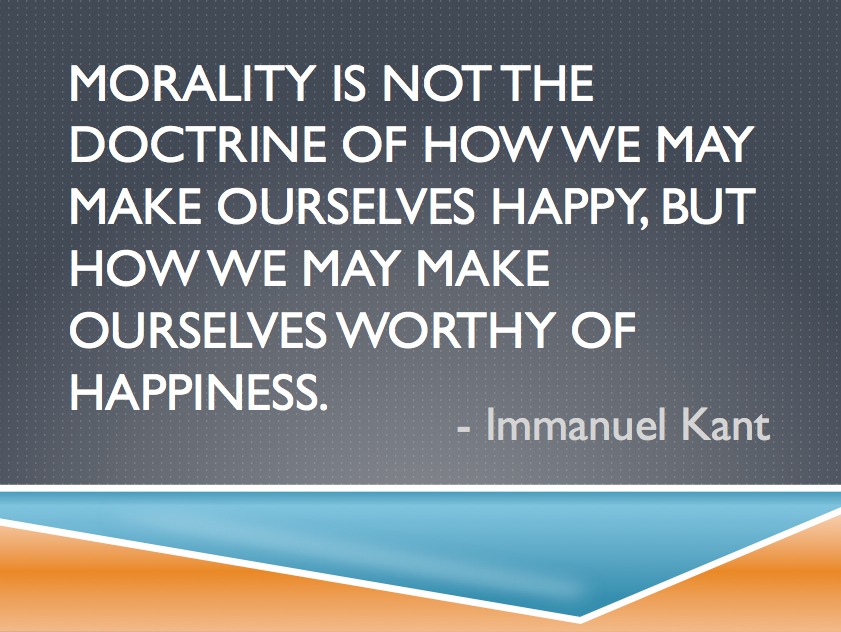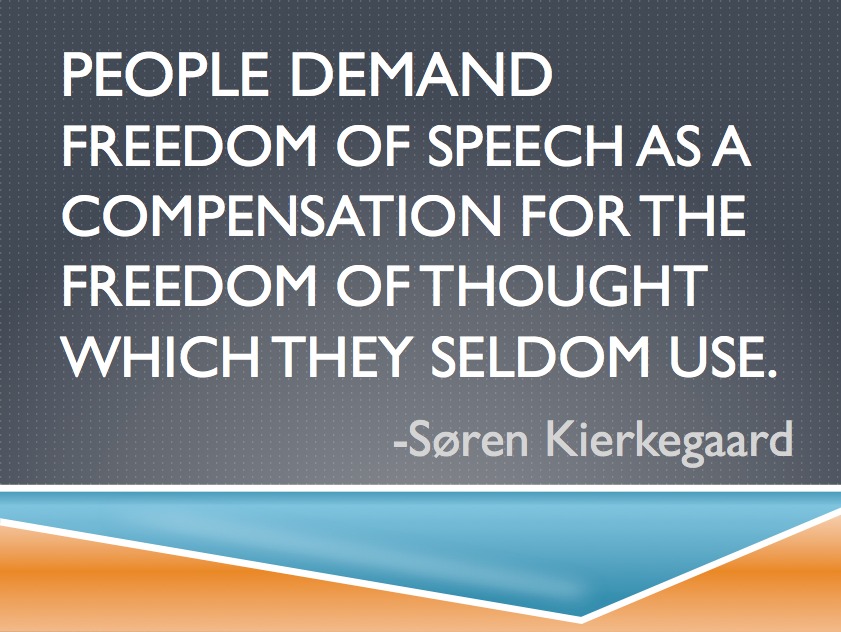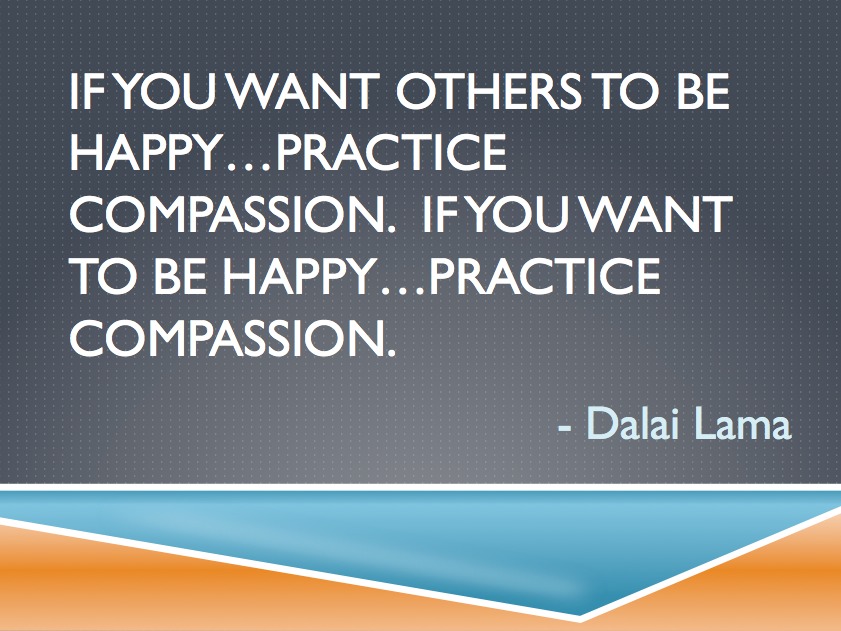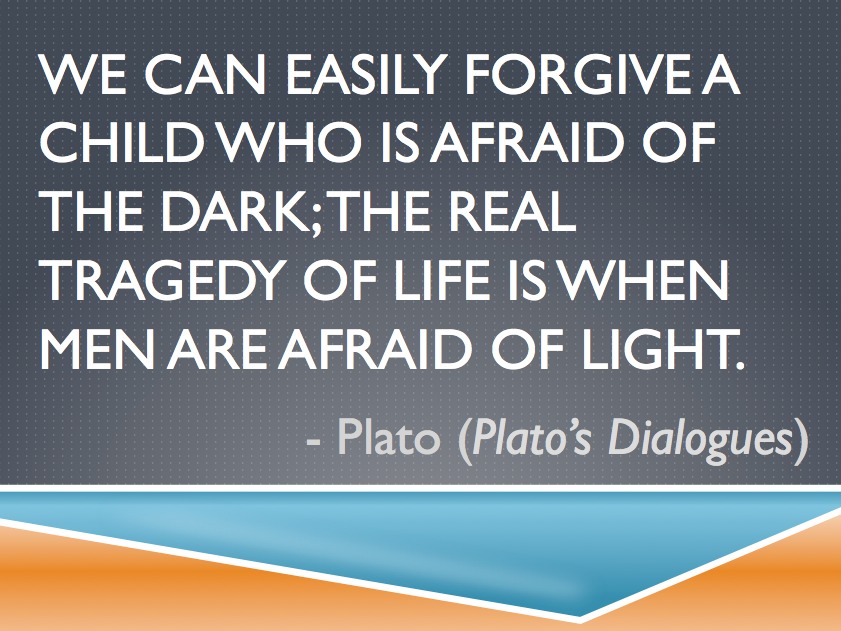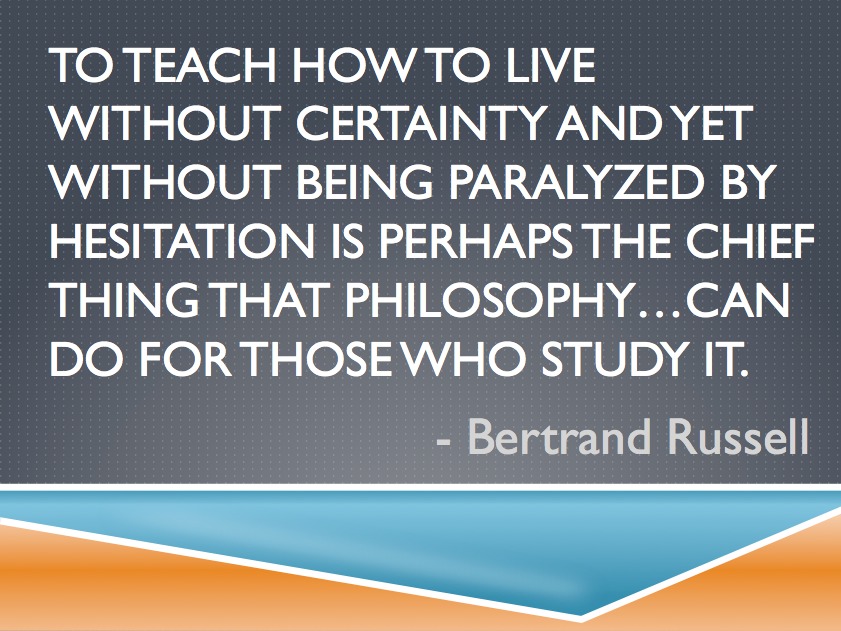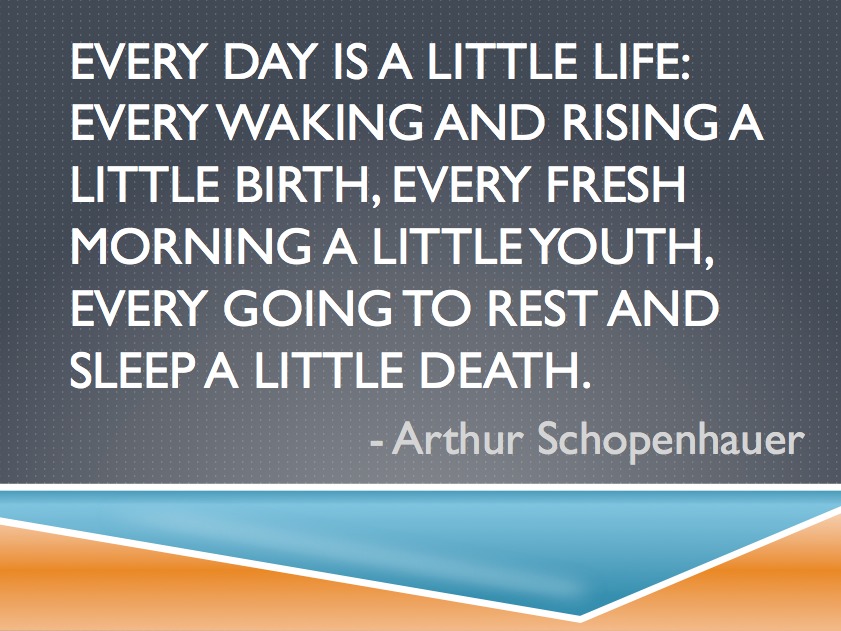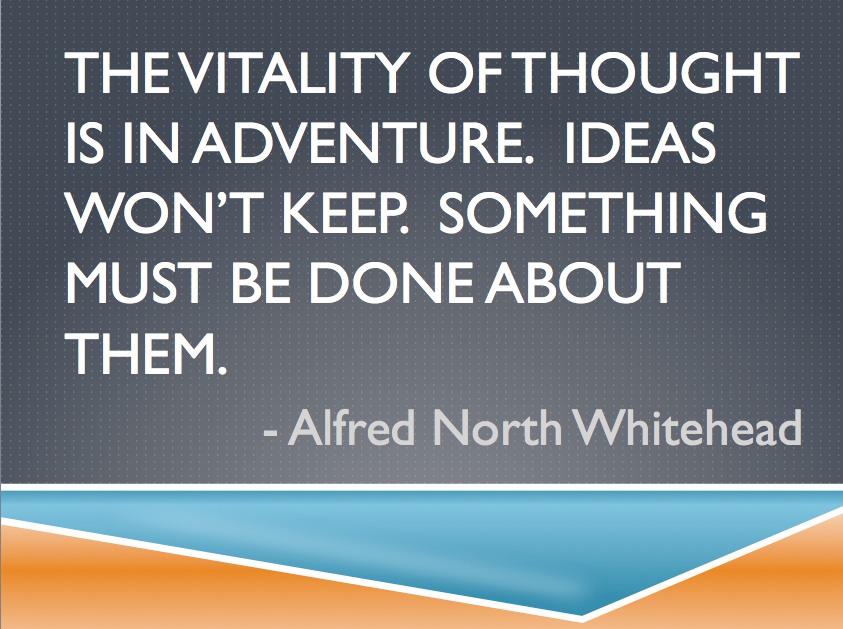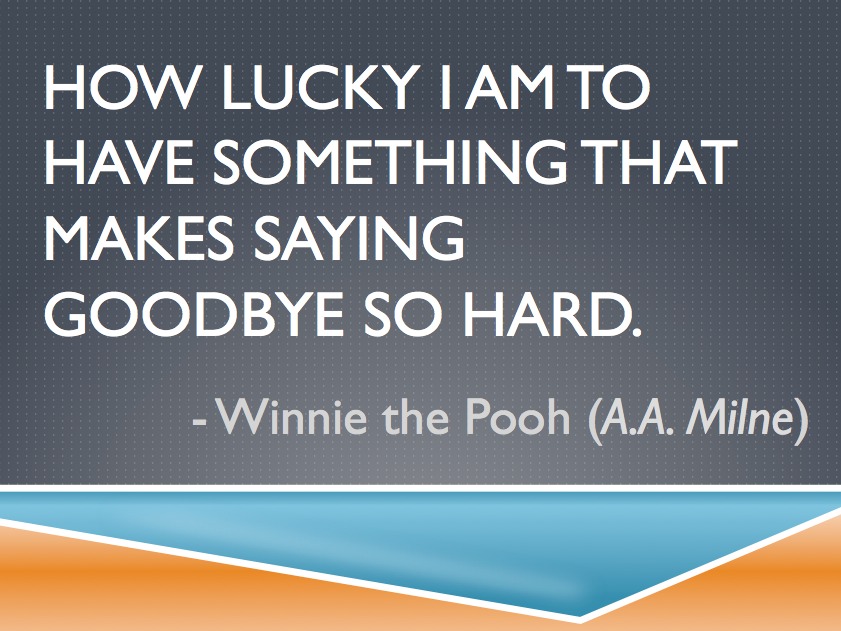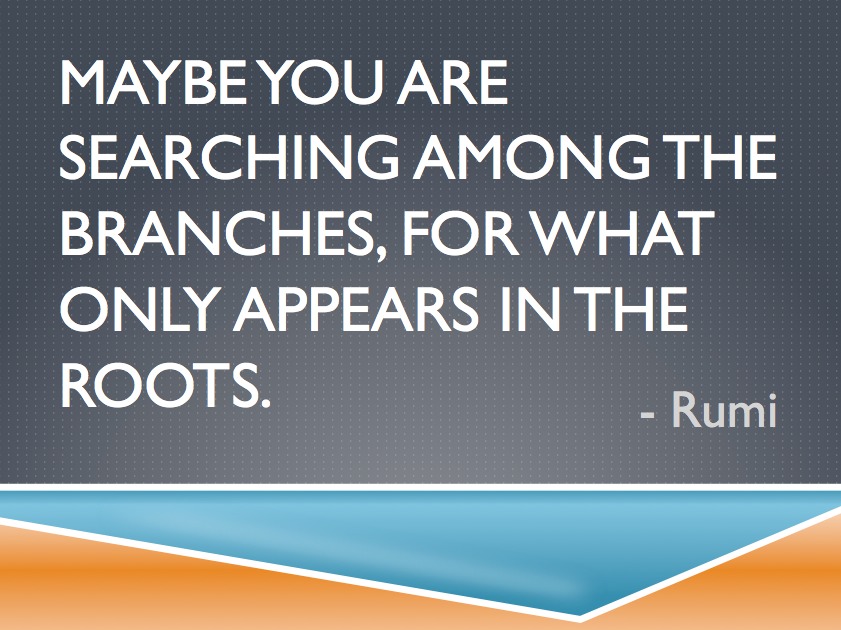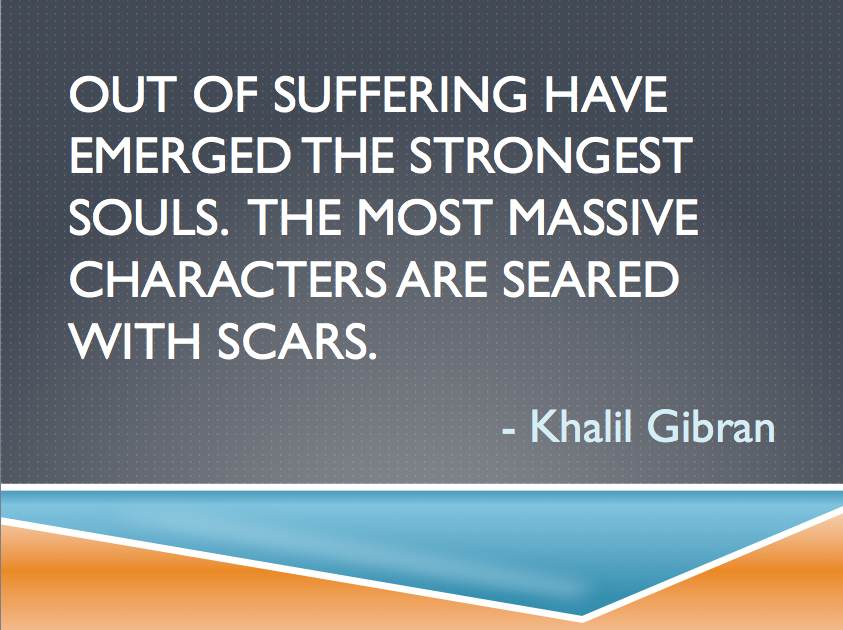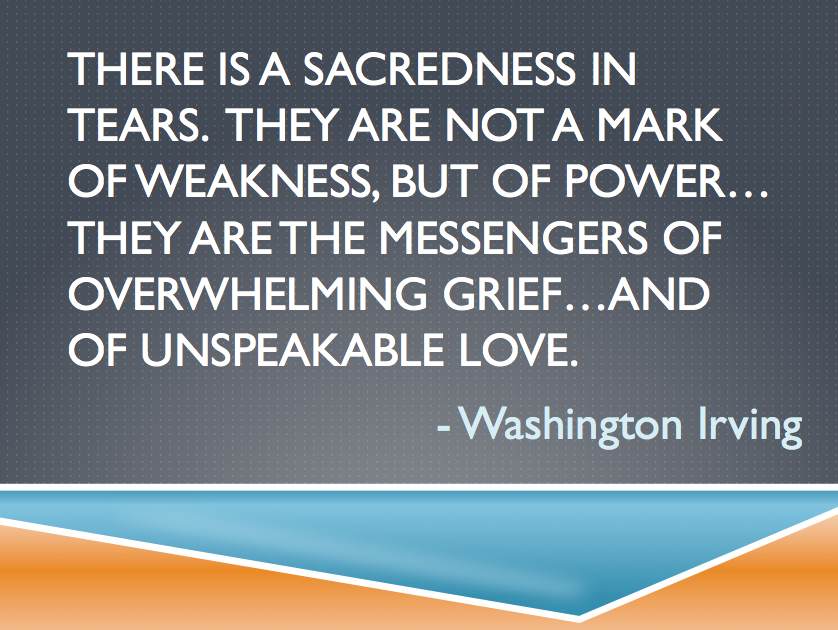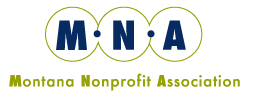Montana Conversations Programs
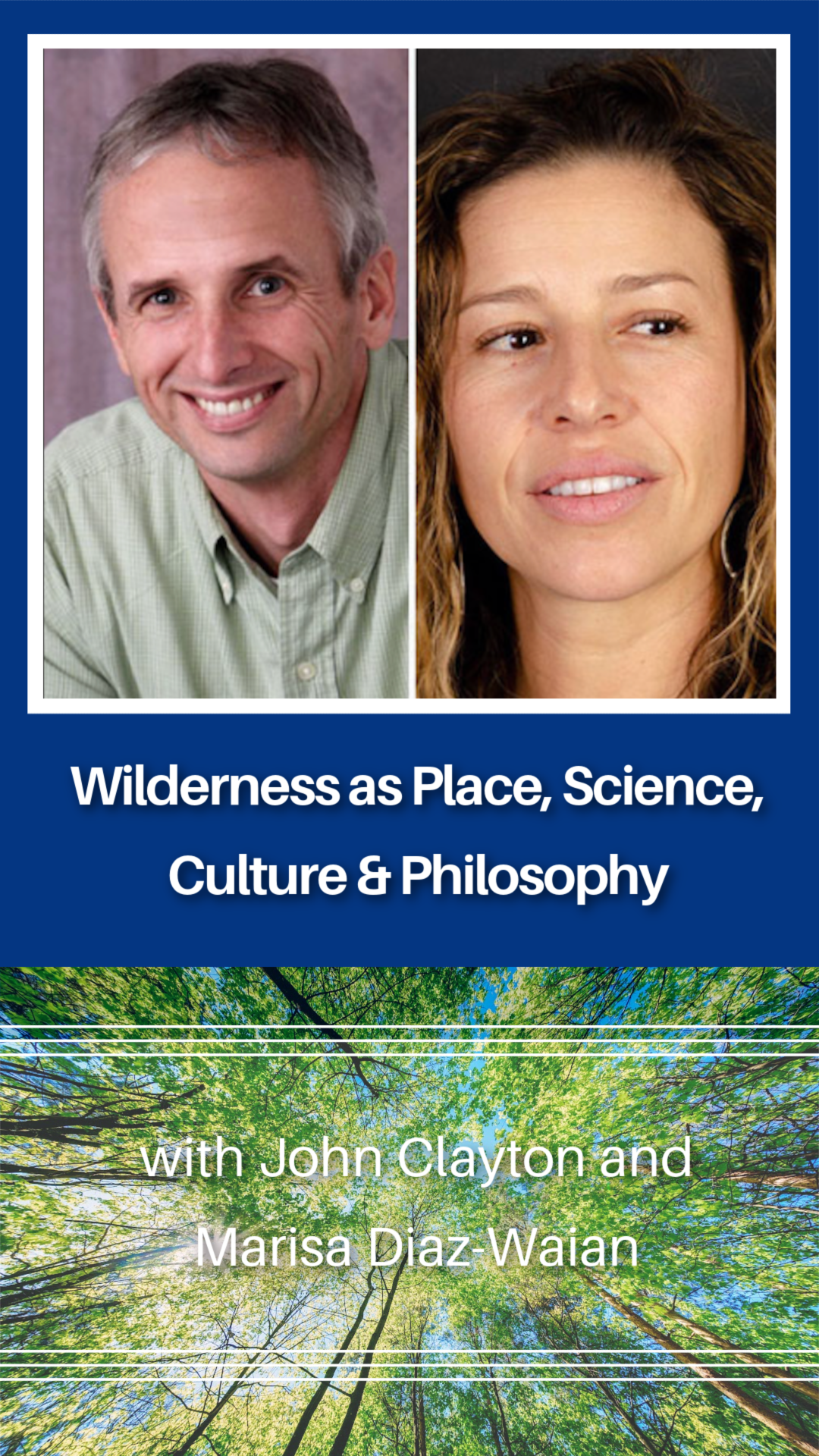
Most of us love Montana for its wilderness. But what are the values we express with that word? And what are the implications of those varying approaches?
Maybe wilderness is a set of politically-defined places where roads and activities are restricted. Maybe it’s the science of biodiversity and intact ecosystems. Maybe it’s a cultural conversation that – despite its many voices – has been mostly dominated by powerful elites. Maybe it’s a philosophy of human relationships to nature that informs our way of being in the world.
Of course, it’s all of the above. Each of these factors help define wilderness. But amid changes in our culture and climate, it’s worth investigating how they fit together. Montana’s wilderness heritage—including the historical experiences of Bob Marshall, Rosalie Edge, and Aldo and Starker Leopold—provides a rich setting for these discussions to take root.
In this program, John Clayton (historian & author of Natural Rivals and The Cowboy Girl) and Marisa Diaz-Waian (community philosopher & founder of Merlin – a Helena-based philosophy non-profit) bring participants into their own ongoing exploration of wilderness, the values that inform our relationships with the wild, its physical expression, and its future.
To emphasize the connection to nature, this program is best implemented as a walk-and-talk venture or at an outdoor-located venue.
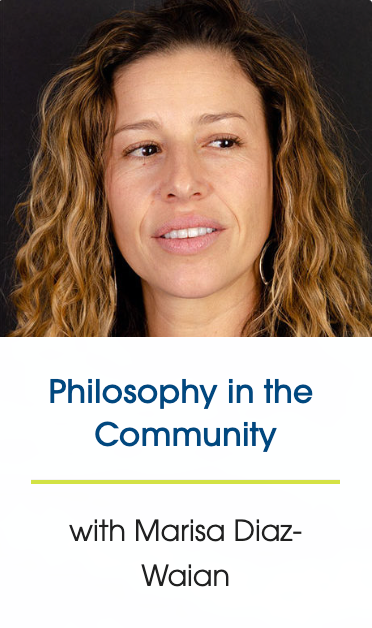
Philosophy is often characterized as impractical and irrelevant to our daily lives. It is also seen as an activity that only specialists can do or as something that we can only apprehend or engage in by way of solitary contemplation or through books.
This program is an attempt to uproot these characterizations and reveal a more colorful and robust picture of philosophy as a way of life – one that is alive, shaped by, and grounded in community, and one that thrives in the “spaces in between.”
In this interactive program, we’ll explore together: what it might mean to learn from and with one another as philosophers, how philosophy can transform and enrich our lives, and what we can do to make philosophy a “live option” for ourselves and others every day.
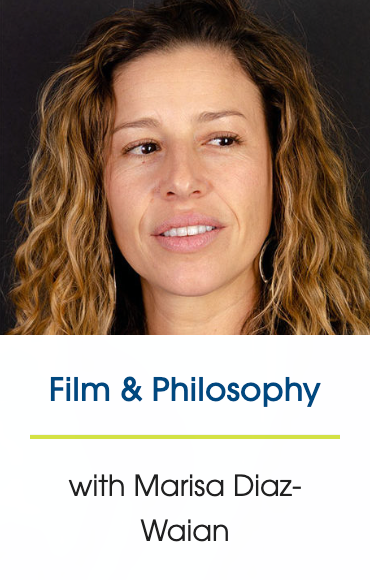
Philosophy is everywhere. Films are no exception. Within each frame lie ideas, questions, and values – all of which offer unique opportunities for reflection and discussion. Designed as a collaborative pre-film or post-film conversation that takes place in a theater or similar setting, this program offers community
members a chance to watch a film and explore its philosophical ideas together.
LOGISTICS: Contracting parties select and show the film; I design and facilitate the in-person discussion around that. Specific content explored is flexible as it is uniquely adapted to and inspired by both the film itself and the community members.
NOTE: If there are specific themes/topics within a film that you would like to highlight, I will work with you ahead of time to identify these as your desired focal points, and structure the conversation in such a way so as to keep these at the core.
Speakers in the Schools Programs
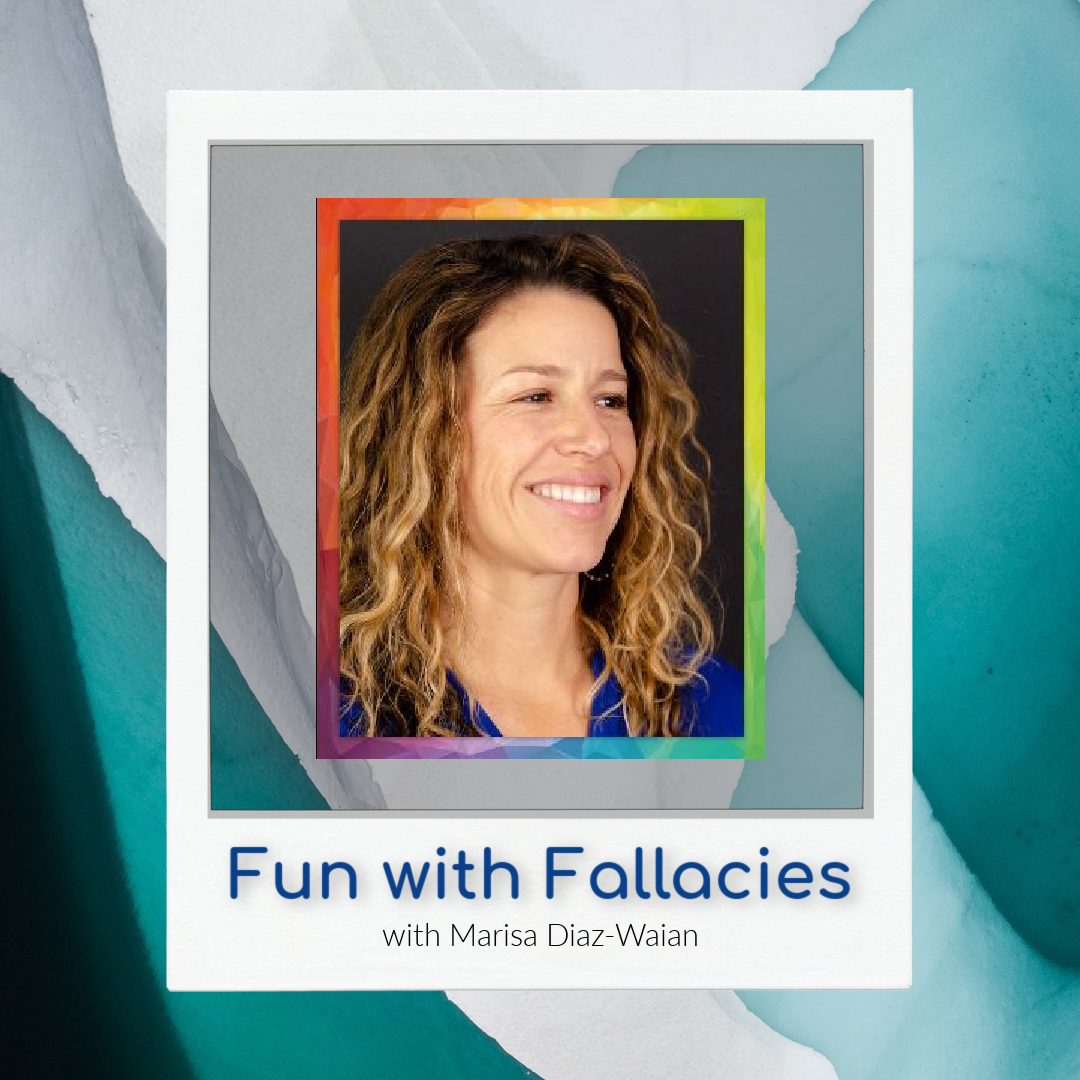
In an era where the universe of misinformation seems to be expanding more rapidly than the real one, we are in desperate need of tools that can help us sort good argument from bad.
In this on-line synchronous learning program for teens and tweens, we’ll dive into the fun world of informal logical fallacies by exploring some of the most ubiquitous and egregious errors in thinking. Students will become acquainted with these fallacies through a combination of group activities and discussion, mixed-media, and instruction.
The program can be adapted as either a 3-part series, 4-part series, or 5-part series for junior high and high school aged students – with each class focusing on and playfully exploring one informal logical fallacy per meeting.
Aims of the program include: Learning about what constitutes good reasoning from bad reasoning, identifying fallacious reasoning in everyday use, cultivating critical-creative thinking skills, enhancing general reasoning capabilities, and promoting cooperative learning, diverse perspectives and civil, engaged and reasoned discourse and decision-making.
While critical, creative thinking is certainly relevant for all fields of study, the skills cultivated in this program cross over most naturally with Philosophy, Behavioral Sciences, Social Studies, Political Science/Civics, and Language Arts & Literacy.
Learn more about some of our other fun philosophy-based community events & socials, including our:





